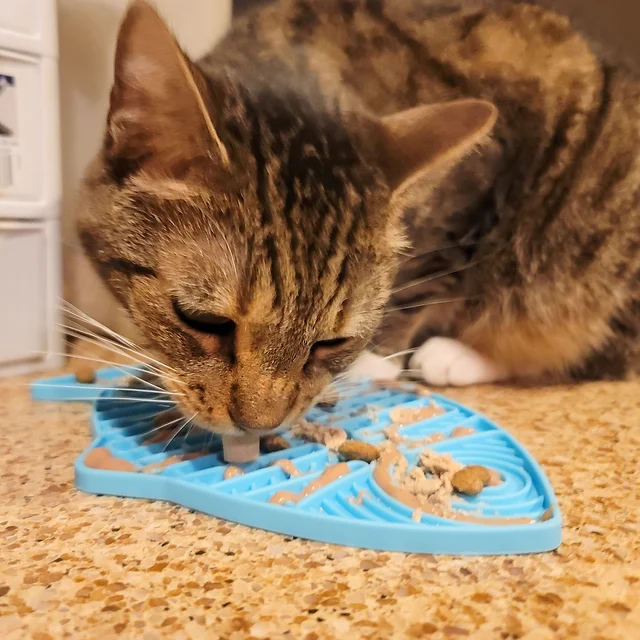Can Cats Eat Lemon Pepper Tuna?
Many cats are attracted to fish, which can easily be seen by the frequent trips they make while hunting in the wild. But can cats eat lemon pepper tuna – a popular flavor of canned tuna – as part of their diet?
Find out what you need to know about feeding your feline friends this type of fish and learn some tips for making sure they get all the nutrition they need.
This article covers the following:
- Can you give cat lemon pepper tuna?
- Are cats allowed to eat tuna?
- Is lemon pepper tuna safe for cats to eat?
- Can cats eat tuna with seasoning?
- How should I prepare lemon pepper tuna for my cat?
- What are the health benefits of adding tuna to my cat’s diet?
- Can too much fish harm my cat’s health?
Can Cats Eat Lemon Pepper Tuna?
While tuna can be a part of a healthy diet for cats, lemon pepper tuna is generally not recommended. It contains seasonings and other additives that could potentially cause digestive upset in cats or may be toxic to them. For this reason, it is best to avoid feeding your cat flavored tuna varieties.
Are Cats Allowed to Eat Tuna?
Yes, cats are allowed to eat tuna, but not all types of tuna are safe for them.
The most common type of tuna found in cans is Albacore, which is safe to feed in small amounts – one tablespoon per cat a few times a week is enough. Plain white-fleshed fish like Tilapia and Cod can be good alternatives.
Lemon pepper or other flavored canned tuna should usually be avoided though, as the additional spices might cause digestive upset.
Is Lemon Pepper Tuna Safe for Cats to Eat?
While tuna is a great way to add variety to your cat’s diet, it should usually be avoided if it’s flavored, such as lemon pepper tuna.
Cats are naturally sensitive to strong spices, and the extra flavoring on lemon pepper tuna could cause digestive upset or even an allergic reaction in some cats.
If you do offer your cat flavored tuna from time to time, make sure you watch them afterwards for any signs of discomfort.
Can Cats Eat Tuna with Seasoning?
No, cats should not eat tuna that has been seasoned with spices and additives. Although some cats may enjoy the taste of fish with seasoning, these plant-based ingredients are not suitable for cats.
When feeding tuna to your cat, it is important to choose a plain, cooked version without any added salt, oil or flavorings.
How Should I Prepare Lemon Pepper Tuna for My Cat?
If you choose to offer your cat lemon pepper tuna, it’s important that you prepare it properly.
As with any type of fish, avoid giving the flavorings or sauce in which the tuna is packaged.
Instead, use salt-free broth or water and give the tuna lightly poached or steamed.
Poaching or steaming helps to remove harmful toxins from raw seafood and reduce potential allergens.
Additionally, make sure to cut the tuna into small pieces that are suitable for your cat to eat.
What Are the Health Benefits of Adding Tuna to My Cat’s Diet?
Tuna is high in omega-3 fatty acids and is a good source of lean protein, thiamine, niacin, and vitamin B12.
Adding tuna to your cat’s diet can help support overall well-being and provide important nutrients for cats prone to joint and muscle issues.
Additionally, adding fish proteins to your cat’s nutrition provides essential amino acids for healthy skin and fur. Be sure to check with your veterinarian before introducing any new foods into your pet’s diet.
Can Too Much Fish Harm My Cat’s Health?
Yes, while fish can provide invaluable nutrients for your cat, too much tuna can lead to health problems.
Fish contain a large amount of mercury which can build up in the body and cause neurological issues.
Too much tuna can also lead to kidney or thyroid Issues.
To keep your cat safe, it’s important to limit their weekly fish intake and monitor their overall diet.






